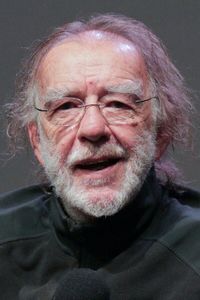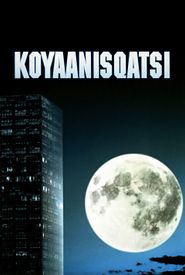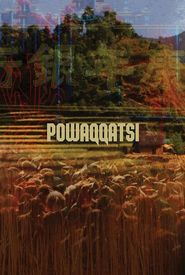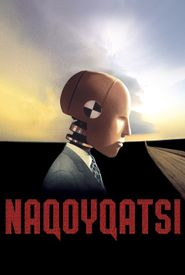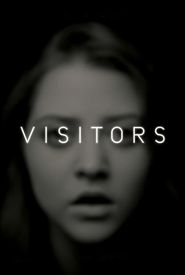Godfrey Reggio is a renowned film director and producer who has made a significant impact on the film world with his unique style of creating poetic images that evoke extraordinary emotional responses from audiences worldwide. Reggio is particularly notable for his QATSI trilogy, a series of films that explore the destructive impact of modern technology on the environment.
Born in 1940 in New Orleans, Louisiana, Reggio was raised in southwest Louisiana and entered the Christian Brothers, a Roman Catholic pontifical order, at the age of 14. He spent 14 years in silence and prayer, studying to become a monk.
After leaving the Christian Brothers, Reggio went on to teach grade school, secondary school, and college in New Mexico during the 1960s. He co-founded Young Citizens for Action, a community organization project that worked with juvenile street gangs, and later co-founded La Clinica de la Gente, a medical facility that provided care to 12,000 community members in Santa Fe.
In 1972, Reggio co-founded the Institute for Regional Education, a non-profit foundation focused on media development, the arts, community organization, and research. He also co-organized a multi-media public interest campaign on the invasion of privacy and the use of technology to control behavior, funded by the American Civil Liberties Union.
Reggio's debut as a film director and producer was with Koyaanisqatsi (1983),the first film in the QATSI trilogy. The film is an apocalyptic vision of the collision of urban life and technology versus the environment, with a musical score composed by Philip Glass.
Powaqqatsi (1988),Reggio's second film, conveys a humanist philosophy about the earth, the encroachment of technology on nature and ancient cultures, and the splendor that disappears as a result. The film focuses on the modern way of life and the concept of the Global Village, entwining the distinctive textures of ancient and so-called Third World cultures.
Reggio's third and final film in the QATSI trilogy, Naqoyqatsi (2002),again features music by Philip Glass and explores the theme of the destructive impact of modern technology on the environment.
In addition to his work on the QATSI trilogy, Reggio has also directed and produced several other films, including Anima Mundi (1991),a film commissioned by Bulgari for the World Wildlife Fund, and Evidence (1995),a 7-minute film that explores the effects of modern living on children.
Reggio has also been involved in various other projects, including the development of a new school of exploration and production in the arts, technology, and mass media, called Abrica--Future, Presente, which he directed from 1993 to 1995. He is currently in the initial stages of production on a new film that will explore the negative impact of consumerism and fundamentalism on the world.
